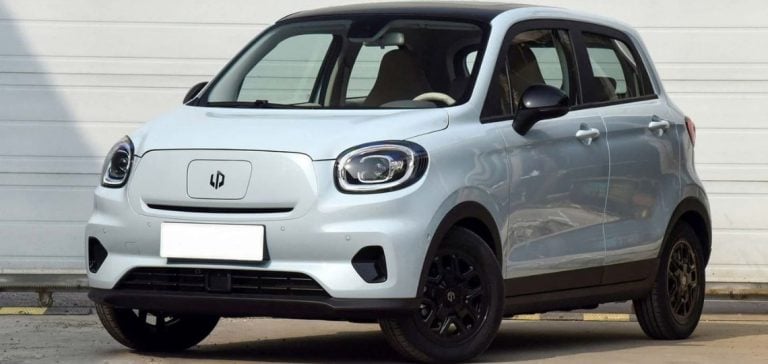Stellantis takes a new direction with the launch of the Leapmotor T03, an electric vehicle designed to meet the needs of the European market.
With an entry price of 19,500 euros, the T03 is positioned as one of the most affordable electric cars on the European market.
Unlike its Chinese competitors such as BYD and MG, the Leapmotor T03 benefits from the advantage of being assembled in Poland, at Fiat’s Tychy plant.
This location makes it possible to avoid the surcharges imposed by the European Commission on vehicles manufactured in China, a crucial lever at a time when customs tariffs have a strong influence on sales prices.
This aggressive positioning enables Stellantis to target price-sensitive European customers while respecting local production criteria.
In France, the vehicle is eligible for an ecological bonus of up to 4,000 euros, subject to validation by the French Environment Agency (Ademe).
A model designed for European needs
One of the main assets of the Leapmotor T03 is its ability to meet the expectations of European consumers.
This compact model boasts a range of 265 kilometers, a figure that meets the needs of daily commuters while maintaining a reasonable operating cost.
Although the equipment remains limited, its value for money is designed to appeal to consumers looking for an economical solution for switching to electric vehicles.
The Stellantis distribution network, with 350 sales outlets across Europe, ensures a presence throughout the continent, as well as substantial technical support for this new range of vehicles.
Leapmotor, relatively unknown on the European market until now, benefits from this logistical structure to deploy rapidly in key markets.
An adapted production strategy to avoid surcharges
The decision to assemble the Leapmotor T03 in Poland enables us to circumvent European customs barriers imposed on vehicles produced in China.
Taxes on Chinese imports, imposed by the European Commission, are designed to protect local manufacturers from perceived unfair competition.
By producing locally, Stellantis avoids these obstacles, while offering a vehicle at an attractive price, with no major concessions on quality.
This approach responds to the need for manufacturers to remain competitive in a fast-changing market.
Demand for electric vehicles has slowed with the reduction in public subsidies, particularly in Germany, prompting manufacturers to rethink their strategies to win back European consumers.
Leapmotor, a fast-growing partner
Leapmotor’s entry into the European market, facilitated by Stellantis, is part of a broader international development strategy.
With a production capacity of 800,000 vehicles a year, Leapmotor aims to expand rapidly into markets such as Europe, the Middle East, Africa and South America.
In 2023, the Chinese start-up produced 143,000 units, but with expansion ambitions supported by the infrastructure and resources of Stellantis, the brand hopes to increase its volumes considerably in the coming years.
In addition to the Leapmotor T03, Stellantis and Leapmotor also plan to launch the C10 model, a 36,400-euro electric SUV, to meet growing demand for larger vehicles in the European market.
Assembled in China, this model aims to compete directly with other electric SUVs such as those from MG or BYD, offering consumers an additional option in the mid-size segment.
Global development prospects
Cooperation between Stellantis and Leapmotor is not limited to Europe.
While the Leapmotor T03 is aimed primarily at European markets, the two partners plan to expand into other international markets by the end of 2024, including Asia-Pacific, the Middle East, Africa and South America.
Brazil and Chile are among the first countries where the brand intends to establish a presence to diversify its revenue sources and increase its global footprint.
With a clear strategy aimed at offering one model per year over the next three years, Leapmotor hopes to position itself as a major player in the global electric vehicle market.
Stellantis, for its part, is looking to consolidate its offering of affordable electric vehicles, while taking advantage of the massive production capacities of its Chinese partner.






















